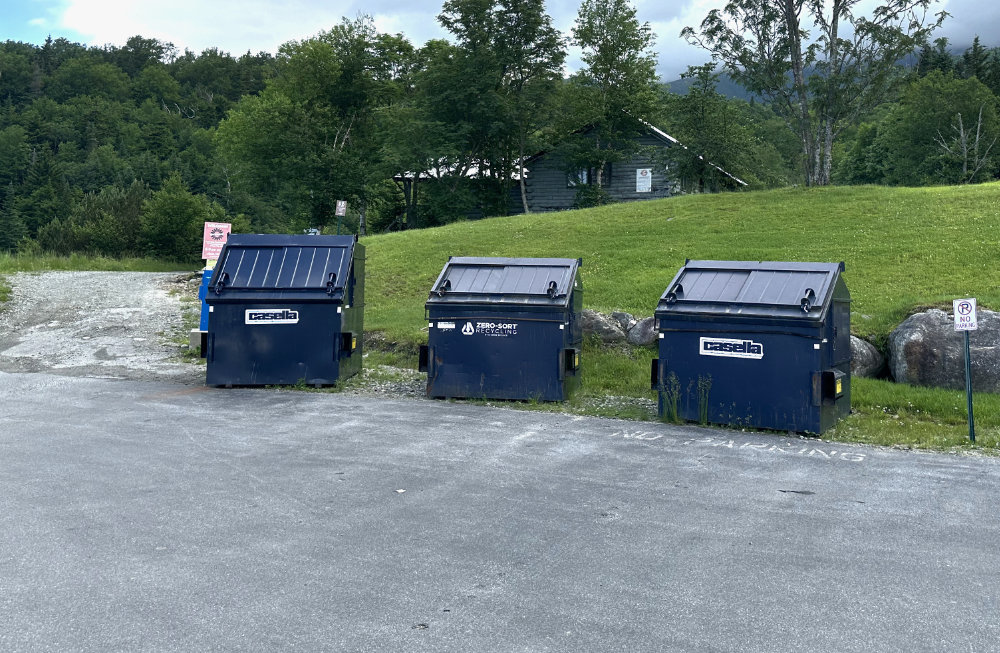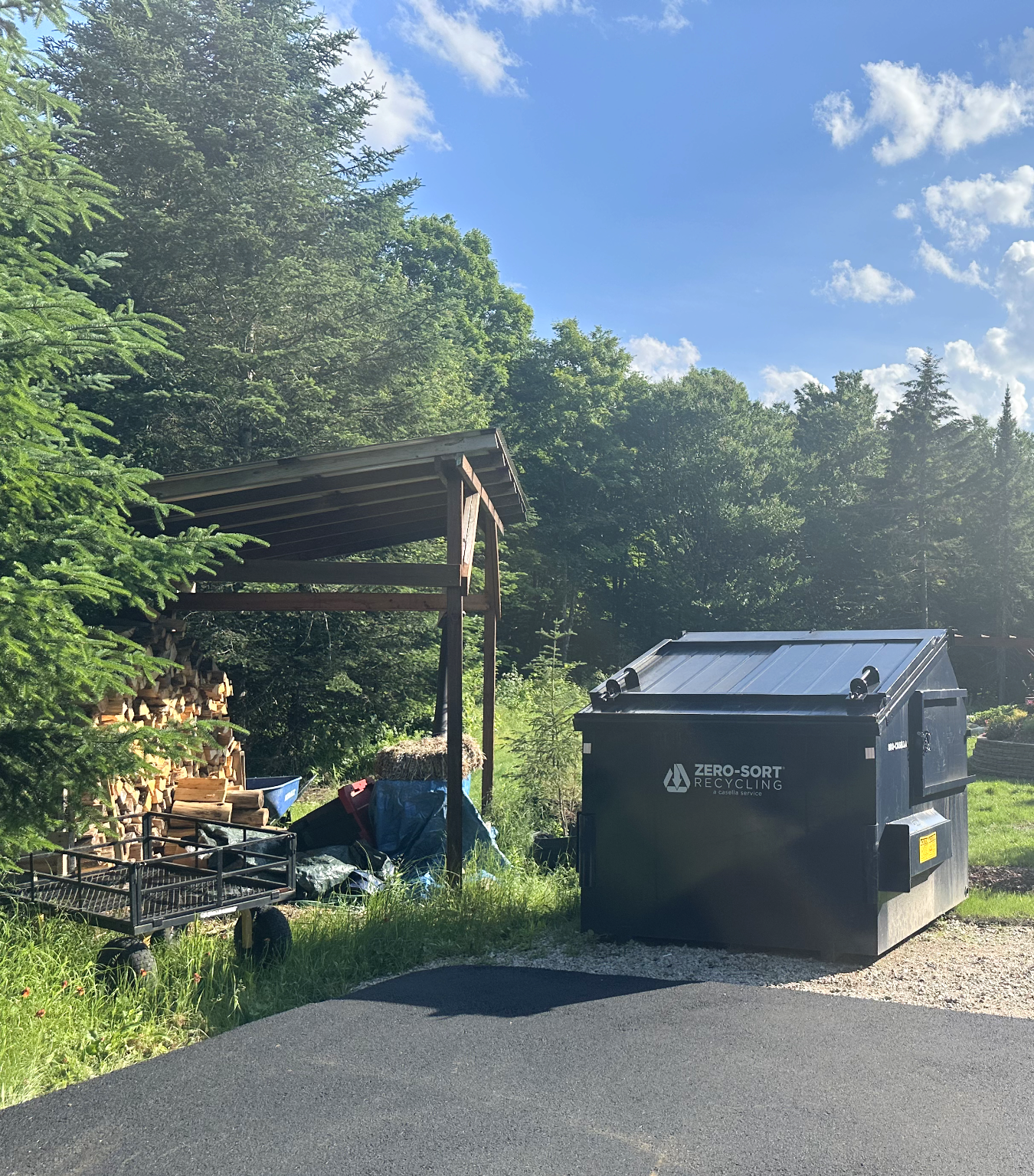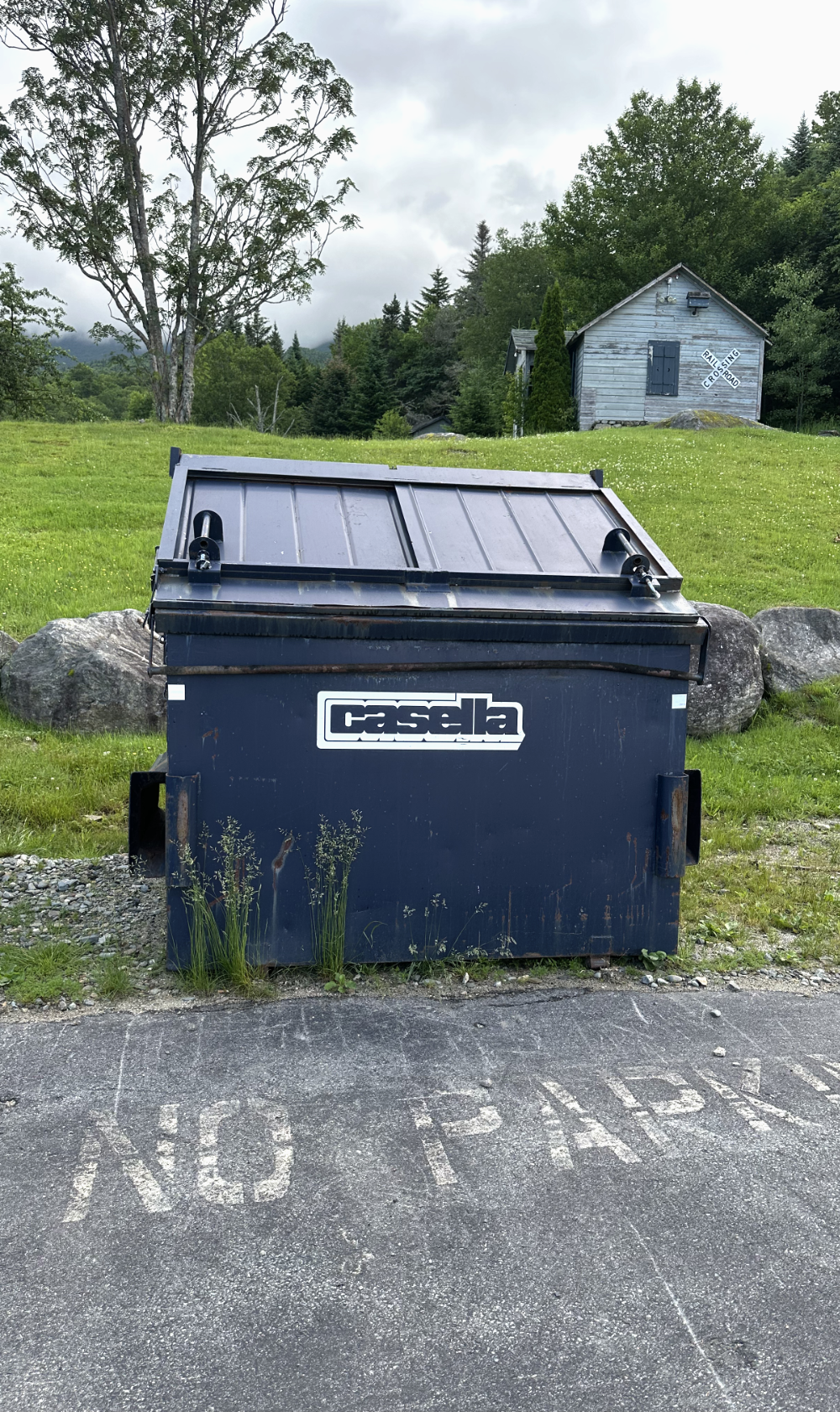6 Reasons Why Data is the Key to Meeting your Sustainability Goals in 2024


If you’re managing a zero waste program, you’re likely familiar with the challenges of collecting accurate data. Alternatively, maybe you’re collecting information, but it’s not driving actions that lead to positive change. It's a common problem - we’ve heard it many times before from our academic and municipal clients.
We have good news for you, though. At Rezzi, data is our bread and butter, and we’re here to tell you just how useful it can be! Here are six ways how monitoring your waste generation by weight can help you excel in your role as a sustainability manager.
In order to create meaningful change in your community’s waste generation habits, it is first necessary to know how much waste your community is generating at any given time. Weight (as opposed to volume) is the key metric to collect, because tipping fees at the landfill are measured by weight. Think of it as measuring a utility - like gas, water, or electricity! By monitoring your waste generation by weight, you will be equipping yourself with the data you need in order to implement an effective waste management strategy. The value that this data provides is well-recognized in the waste collection industry.
Furthermore, collecting this metric allows you to demonstrate the effectiveness of your strategy to stakeholders. Whether it be meeting sustainability targets that have been set, or simply saving money by reducing your waste output, monitoring your waste generation in real terms will help you keep everyone involved in your community happy.
Even if you’re not yet facing internal pressure to meet sustainability goals, it's possible you’ll soon be facing external pressure to do so. Recent programs in major cities like Washington D.C. and Los Angeles aim to reduce waste generation through various initiatives, which you can read more about here. With landfill space at a premium, particularly in the Northeast, you should expect increased regulatory demands from your local authorities in the near future.
Weight, rather than volume, is a critical data point for demonstrating compliance for new regulations, as landfill tipping fees are measured by weight - it’s an objective measurement that doesn’t rely on assumption. By tackling the problem of tracking your waste now, you can help yourself avoid costly fees incurred by non-compliance. The EPA is no joke - for example, hazardous waste regulation violations can cost businesses up to $50,000 a day!

As tipping fees increase, it becomes more and more expensive to dispose of your waste. Therefore, understanding your waste generation can help you manage your budget. Waste tracking can play a key role in reducing generation - don’t just take it from us, though. Reputable government sources like energystar.gov recognize the key role which waste tracking can play in reducing a business’ costs.
Our SmartCan technology, which we explore in this article, allows you to track waste down to the individual bin. This allows you to track individual waste streams by weight, which helps you identify concrete action steps to help you cut down on, for example, food waste. The technology we offer is one-of-a-kind on the market, and our current customers have already been taking advantage of the unique waste management technology we offer.
One of the major advantages to detailed waste tracking is that it can cut down on the operational costs associated with waste management. This was a major concern of the New York Department of Sanitation’s Commercial Waste Zone program - decreasing operational costs. With that being such a large priority for the city, you can likely imagine it's a problem you would also benefit from solving. Our technology can help you do just that. You can’t manage what you can’t measure.
The data collected by our SmartCan hardware feeds into our custom-built analytics platform: BinSights. This easy-to-use software is the home for all your waste data, displaying bin weights for you and/or your associates in real-time. Furthermore, BinSights offers useful insights and information into your waste generation habits, featuring calculations such as material composition reports and key auto-generated environmental, social, governance, and carbon metrics.

Currently, we service multiple universities throughout the Northeastern United States. At these schools, we provide valuable data to their sustainability departments, which allows for the implementation of more effective waste management policy. What the universities do with that data from there, whether it be application in environmental science classes or contribution to on-campus sustainability associations, is only limited by their imagination.
Similarly, the collection of waste data offers significant opportunities for municipalities that seek to engage their constituents. By offering data on a home-by-home basis, we empower individual households to take control of their own waste generation habits. Our BinSights portal offers a user-friendly experience which has all the information someone looking to live a more waste-free lifestyle might need.
One of the key reasons to get on board with waste tracking technology today is that it offers you an opportunity to demonstrate your business or community’s current sustainability efforts. The ability to track your waste by weight offers you concrete evidence that the initiatives and programs you are implementing drive meaningful change. The proof is in the pudding as they say, and hard statistics are an important part of demonstrating that proof.
With a combination of our SmartCan and BinSights technology, we offer a custom-built waste management solution for your municipality, business, or institution to start measuring what you manage. To learn more, or to contact our sales team, get in touch here!